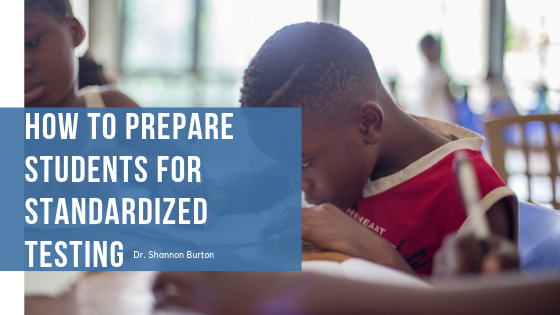The month of March is the kick off of standardized testing across the country, and while it can leave parents overwhelmed, it is also stressful for educators. Whether it is elementary students preparing for state standardized tests or high school students preparing to take the SATs, testing is stressful for everyone. While there is no secret formula for achieving great scores on these tests, there are a few practical things that teachers and parents can do to help their students prepare for standardized testing.
Take Practice Tests
The more practice tests a student can take, the better they will do. Practice tests help prepare students with an understanding of the expectations of the test. If a test format seems familiar on test day, a student will be more likely to feel much more confident taking the test. Practice tests can be found online through the Department of Education state websites, or websites that specialize on a specific test like the SATs.
Introduce Strategies
Sometimes students become overwhelmed during standardized testing and easily want to give up when they do not know the answer to a question. It is easy to automatically give up instead of spending the time to work through the question. Introducing students to ways to break down a question when they are unsure will help them feel more successful during the test. Strategies like chunking text, breaking down sentences, visualizing concepts and using prior knowledge will ultimately help students who come across questions they may struggle with.
Emphasize Effort
It is important to make sure students understand that standardized tests are in place to measure what they’ve learned throughout the school year. But students should understand that it is more important to do their best instead of achieving the highest score. Try to stress the importance of the test without making students feel responsible for the outcome, but emphasize the effort they put into the test.
Make Test Day Simple
Students have the most success on standardized testing when test days are kept as close to a regular school day as possible. If the student isn’t one who eats breakfast, do not force them into something they don’t regularly do. Changing one thing in their day could throw them off and have negative effects on their test scores.
Plan Something Post Test
While students should be rewarded for an entire day of testing, do not put the event directly after the test. If they know they are going to be rewarded, they will rush through the testing to get to the reward faster. Whatever you are planning on doing in the classroom or at home after school can wait until the day after testing.

